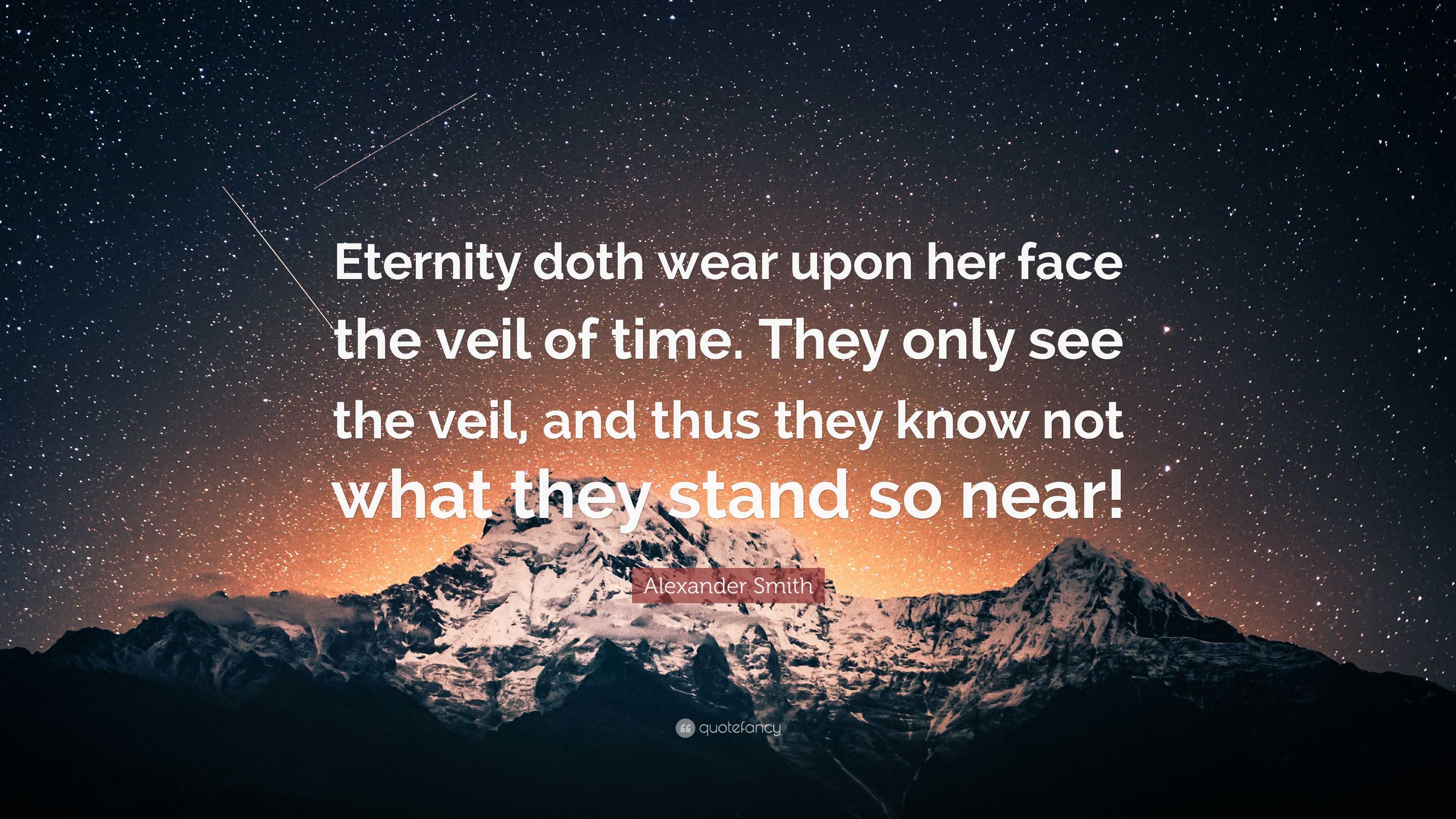
In the law, as in other professions, the habit of immersing one’s self in greater levels of activity is often how they compensate for this felt loss of control over their life (‘doing’ to allay the feeling of being ‘done to’). But rather than helping these people regain a sense of autonomy over their circumstances, it unsurprisingly only serves to mire them more deeply in the cycle of busyness that has become such a status symbol in our culture. If you are not working hard, you are not needed or valuable, or are undeserving of good things, so the thinking goes. From this dysfunctional perspective, time only exists to facilitate a more desirable end, and holds no inherent value as an end of itself (as enabling one to meaningfully engage in their work, for example).
When we hollow out the very foundation of our means of participating in work, it is inevitable that we will suffer from a debilitating emptiness that leads us to question not only our relationship with what we do for a living, but to life itself. If there has been a silver lining to emerge from the pandemic, it has been the space to challenge some of the flawed assumptions that underpin our ways of working. Whether it was through the opportunities that lockdowns afforded for greater contemplation of this, or from the resolutions that have resulted in the ‘great resignation’, it seems that the value of our time is being re-evaluated with a view to being reclaimed. This provides me with some hope that more and more people will begin to re-prioritise those essential things that make for a well-lived life. Fundamentally, we know what those things are; we just need to reorient ourselves to facilitate their unfolding.
Having this knowledge of who we are in the here and now, and where we want to go, allows us to effectively invest our time as our present moments are being lived out and savoured. By identifying what means the most to us, we can centre our attention there while laying the foundation for continued flourishing down the line. If family is what you value above all else, then nothing will bring you more joy than being engaged with your spouse and children. Sharing in these moments with them now does not just add strength to the union in the short term, it fortifies it into the future. Investing our time in this way, rather than frittering it away on what ultimately holds no importance to us is how we honour our integrity as distinct human beings.
Traditional time management techniques teach us to focus our attention on what is urgent and important. Assuming that we know what is important, it presents an incomplete model that compromises success when it is blindly followed and not thoughtfully challenged. Success in this context means happy and healthy relationships, an experience of inner peace, and an engaged and inspired work life, among other things. Time is not money if money is not something that you value. Neither is it to be spent seeking the approval of others if sanity is what we value. Time used wisely is given to self-exploration and using what we find at the deepest level of our being to serve an enriching function in the world. Our shared experience of fulfilment and significance when given to this end is, I believe, testament to a deeper form of truth that grounds this injunction.
To enact this calling in the particular context of our life is what time, in part, has made possible. Of all the centuries in which your being could have found life, it takes form in the current time for a purpose that is paramount. Were there not a pressing need for your existence to help progress the world forward, you wouldn’t be here to read this. Your attention to this fact is a virtue that transcends any values that shape how your ego may want to orient your life for personal gain. Time is an instrumentality that only the soul knows how to use for higher purposes, and this is the mystery that the construct invites us into. Beneath the sound of a clock is a silence which speaks loudest to the heart that is receptive to its informing. Learn from there; Love from there; Bring your light to the world from there.
